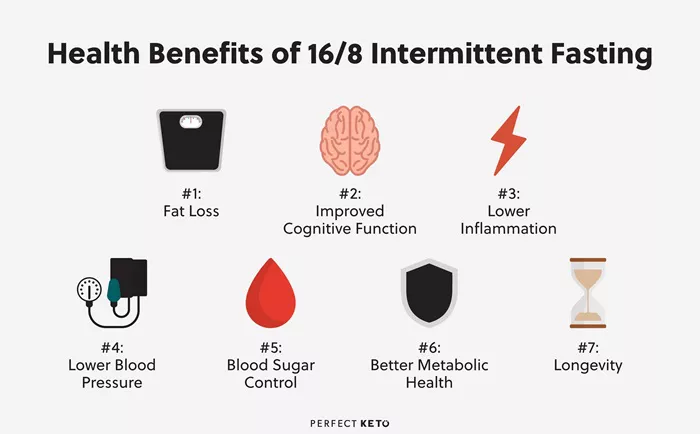As health insurance becomes increasingly important in securing financial protection against unexpected medical expenses, the government has introduced tax benefits to encourage its adoption. Individuals purchasing health insurance policies can claim a tax rebate under Section 80D of the Income Tax Act, which offers significant financial relief. Here’s a guide to help taxpayers navigate these rebates and understand how they can benefit.
Claiming Tax Rebate Under Section 80D
Taxpayers can claim a rebate on health insurance premiums under Section 80D. This provision covers premiums paid for policies benefiting the taxpayer, their spouse, children, or parents. The maximum deduction for health insurance premiums is Rs 25,000 per year. However, if the insured individual is a senior citizen, the deduction increases to Rs 50,000 annually. For those paying premiums for both themselves and senior citizen parents, the total deduction can reach up to Rs 75,000.
To be eligible for the rebate, payments must be made through non-cash modes such as online transfers or cheques. This stipulation ensures that taxpayers keep proper documentation to substantiate their claims.
Who Can Claim Deductions?
The deduction under Section 80D is available to the following entities:
- Individuals: Any taxpayer who has a health insurance policy.
- Hindu Undivided Families (HUFs): HUFs can also avail of the benefits of Section 80D.
It is important to note that businesses, firms, and other corporate entities are not eligible for this tax deduction.
Important Considerations for Claiming Tax Rebates
Taxpayers seeking to claim the tax rebate must ensure they meet certain documentation requirements:
- Original receipts: Keep the receipts for premium payments as proof of payment.
- Policy documents: Retain the insurance policy documents.
- Age proof: For senior citizen claims, age proof is necessary.
- Medical examination bills: If applicable, these should be kept as supporting documents.
Additionally, tax experts recommend that individuals:
- Choose comprehensive health insurance plans to ensure adequate coverage.
- Review and update their policies regularly.
- Understand the fine print of tax deduction clauses to maximize benefits.
- Consult tax professionals for personalized guidance and advice.
By staying informed about the available tax benefits and ensuring all required documentation is in place, taxpayers can make the most of these rebates and reduce their tax liabilities.
As healthcare costs continue to rise, the government’s initiative to provide tax rebates for health insurance premiums serves as a crucial step in encouraging more people to secure the financial protection they need for medical emergencies.
Related Topics
New Study Highlights the Health Benefits of Sunlight
Healthcare Professionals Discuss Cancer and Osteoporosis Care in Vietnam at Sandoz Summit
Tackling Pneumonia: Raising Awareness for Early Detection and Prevention



































